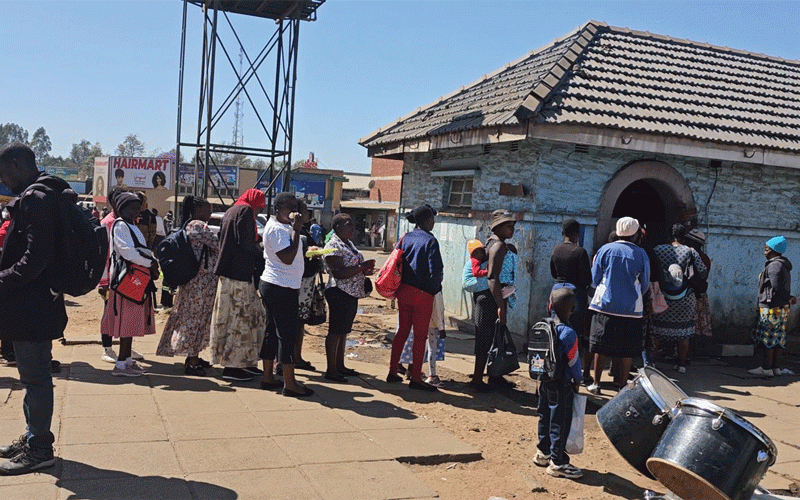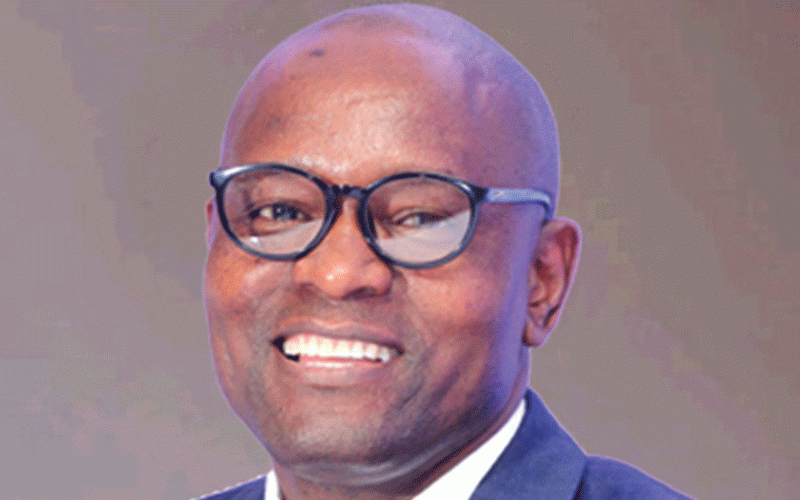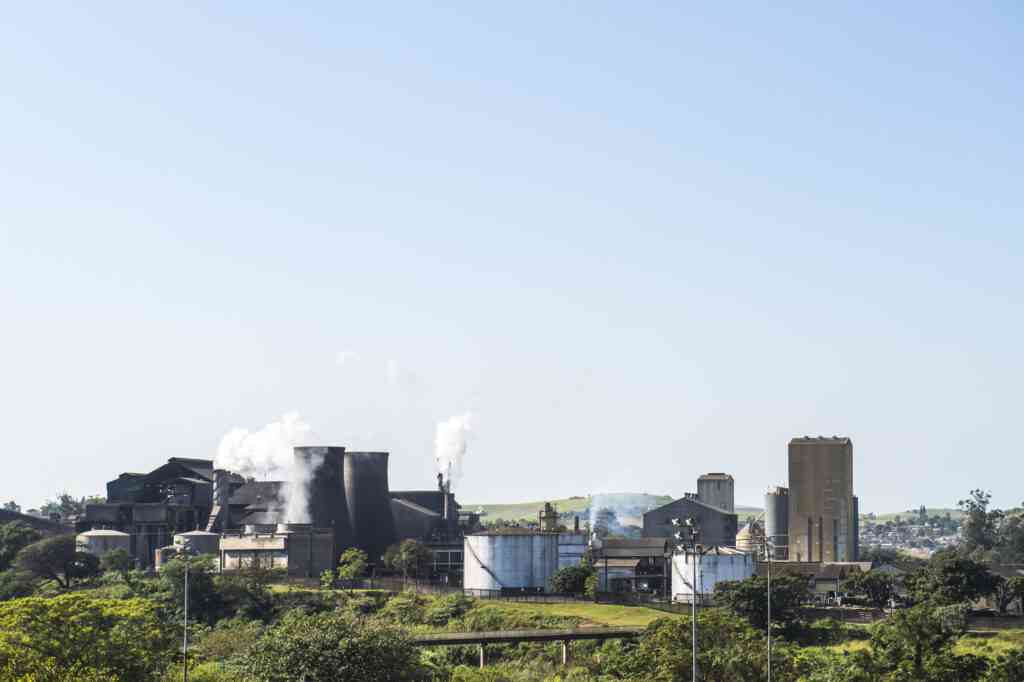HARARE City Council workers are reportedly making a killing by charging for the use of public toilets that are meant to be free, pocketing cash from desperate citizens in exchange for access to these basic facilities.
An investigation by Truth Diggers, posing as potential toilet users, uncovered a widespread scam at major bus terminuses across the city.
Truth Diggers is the investigations arm of Alpha Media Holdings.
The investigation, which took us to public toilets at major commuter omnibus terminuses in the capital including Market Square, Copacabana, Charge Office and Fourth Street, revealed a cleverly designed scheme dubbed the “tissue strategy” to cash in from desperate commuters.
Council workers demand that users produce a tissue to gain entry to the toilets.
- Triangle retrenches as economy bites
- Caledonia in US$42 million capex drive for 2025
- Mukuru launches mobile wallet in Zim to bolster financial inclusion
- Economy heads for a bloodbath: Biti
- NBS completes Glaudina housing project ahead of schedule
Those without tissues are turned away or forced to buy them from the cleaners at an exorbitant price.
They sell a 50 centimetre roll of tissue paper for US$0,50.
At the public toilets at Charge Office, the ladies’ toilets were congested, and the queue was not moving quickly due to the constant haggling between the women ahead and the cleaner.
The women, pressed to use the toilet, were being held up by the cleaner’s demands for a tissue or US$0,50.
“But why do we have to pay for something that’s supposed to be free?” asked one frustrated user.
“Kana musina tissue budai panze (If you don’t have a tissue, go out),” the cleaner replied.
Some women were on the verge of tears, their dignity being stripped away by the demands of the cleaner.
The scene was chaotic, with women shouting and arguing with the cleaner, while others tried to reason with her.
As Truth Diggers entered the toilet, they were greeted by the cleaner’s constant reminders: “This toilet is for urine only, not for poop. If you want to poo, you pay US$1.”
The lack of privacy was staggering, with no doors to shield users from prying eyes.
But what was even more shocking was the cleaner’s intrusive behaviour.
She would regularly enter the toilet rooms, making inspections to ensure that no user was defecating.
One user, who had paid the 50 cents to buy the tissue and use the toilet, was confronted by the cleaner for spending a long time in the toilet.
She was suspected of having defecated, revealing a system that not only exploits users financially, but also strips them of their basic human dignity.
The atmosphere was dehumanising, with users treated like criminals for their basic bodily functions.
There was no privacy and no dignity, making the experience traumatic.
Inside most of the toilets, the bucket system that was in use owing to lack of running water, which meant that water was constantly dripping onto the floor, creating a slippery and hazardous environment for users.
But what was even more disturbing was the presence of cardboard boxes in each toilet room, filled with used tissues.
The cleaner repeatedly reminded users to deposit their used tissues in these boxes, rather than flushing them down the toilet.
When Truth Diggers, disguised as a toilet user, inquired about the unusual practice of collecting used tissues, the cleaner explained that the sewer system was obsolete and could not handle the volume of tissue waste.
“We use limited water and the sewer system is not efficient, so if we allow everyone to use tissue, it will clog soon,” she responded.
“We keep the used tissues and dispose of them later.”
The revelation explained the cleaner’s earlier claims about the toilet being for “urine only”, that it was not just about making extra money, but also about avoiding a disastrous failure of the sewer system.
While other cleaners were evasive on why they charged for services that ought to be free, one boldly admitted the illegality.
“Yes, we charge US$0,50 for the free service. Does your council provide the detergents?” she asked rhetorically.
“Where do you think we get the money to buy detergents that we use here? Your council last paid our salaries three months ago, so how do you think we survive?”
Her words revealed a deeper crisis within the Harare City Council, where employees were forced to find alternative means of survival due to non-payment of salaries.
The investigation revealed that Harare City Council’s public toilets are not only being used as a cash cow, but are also a ticking time bomb, waiting to unleash a sanitation disaster on the city.
The lack of investment in basic infrastructure has created a crisis that is being hidden from the public, with users being forced to pay for substandard services and endure humiliating conditions.
Truth Diggers observed many users simply walking out of the toilet without washing their hands because there was no water to do so, posing serious health risks.
This Truth Diggers investigation also established that most public toilets in Greater Harare have closed due to the lack of running water.
Their closure has led to a crisis, with many residents being forced to use makeshift facilities or resorting to open defecation.
This has raised fears of an increase in the spread of waterborne diseases, such as cholera and typhoid.
City of Harare health services director Prosper Chonzi said the municipality was aware of unhealthy behaviour by caretakers manning the city council toilets.
“If cholera is really a disease of poor hygiene, poor sanitation, so with such an environment, it will be very difficult to deal effectively with cholera, because it is spread by the key drivers of cholera, a poor water supply, poor hygiene and poor sanitation,” he
said.
Next to each of the city’s public toilets, there are mobile toilets that are privately-run by Zimbabwe Mobile Sanitation Association (ZMSA).
These mobile toilets charge US$0,50 for use.
They mostly target those who cannot wait in the long queues or need to relieve themselves when the council toilets are shut.
Further investigations revealed that Harare City Council was aware that ZMSA was providing mobile toilets, but without specific terms.
Contacted for comment on whether the council was receiving any revenue from the mobile toilets, or if ZMSA was operating independently, ZMSA president Boston Muteya said the association was yet to sign a contract with the local authority.
He said their services were necessary to fill the gap that was left by the council’s inability to provide adequate sanitation facilities.
“We’re providing a vital service to the community,” Muteya said.
“People need access to clean and safe toilets and we are helping to meet that need. We are augmenting council efforts. In fact, we are providing what council is failing to.”
Council spokesperson Stanely Gama said individuals setting up mobile toilets made arrangements with the city and they paid for use of council land like any other business.
- *Get in touch with Truth Diggers on tchipangura@standard.co.zw or on 0773 047 914
- Follow us on X @TruthDiggersZw













